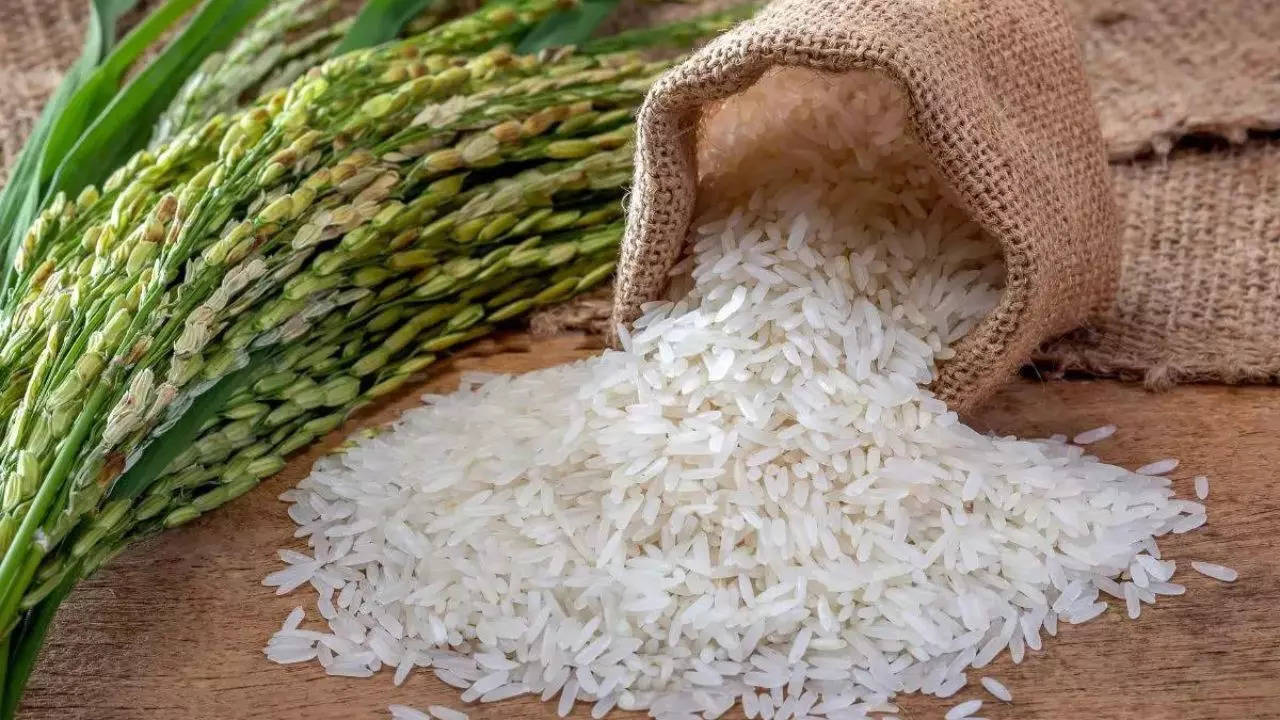Rice production: India is bracing for a dip in rice production for the first time in eight years, according to the recent government statement released on Thursday. The expected decline is being attributed to below-average rainfall during the 2023/24 season. However, wheat production is expected to see a modest increase of 1.3% compared to the previous year.
As per a Reuters report, the eyes of the global market are keenly fixed on India’s rice production, especially after New Delhi imposed a ban on the export of non-basmati white rice in July. This move caused a surge in global rice prices.
The Ministry of Agriculture and Farmers Welfare forecasts a drop in rice production to 123.8 million metric tons by June, while the wheat production is projected to reach 112 million tons, up from 110.6 million tons in the preceding year.
ALSO READ | Sikkim’s first Indian Railways station at Rangpo will be a stunning sight; top facts, photos & why Sevoke-Rangpo railway project is special
The decrease in rice output raises concerns about potential measures by Prime Minister Narendra Modi’s government to control food prices, especially with a looming general election. There’s a possibility of extending restrictions on rice exports to stabilise domestic prices.
The situation is further complicated by low inventories in key rice-exporting countries such as Thailand, Vietnam, Pakistan, and Myanmar.
As per a Reuters report, the eyes of the global market are keenly fixed on India’s rice production, especially after New Delhi imposed a ban on the export of non-basmati white rice in July. This move caused a surge in global rice prices.
The Ministry of Agriculture and Farmers Welfare forecasts a drop in rice production to 123.8 million metric tons by June, while the wheat production is projected to reach 112 million tons, up from 110.6 million tons in the preceding year.
ALSO READ | Sikkim’s first Indian Railways station at Rangpo will be a stunning sight; top facts, photos & why Sevoke-Rangpo railway project is special
The decrease in rice output raises concerns about potential measures by Prime Minister Narendra Modi’s government to control food prices, especially with a looming general election. There’s a possibility of extending restrictions on rice exports to stabilise domestic prices.
The situation is further complicated by low inventories in key rice-exporting countries such as Thailand, Vietnam, Pakistan, and Myanmar.
